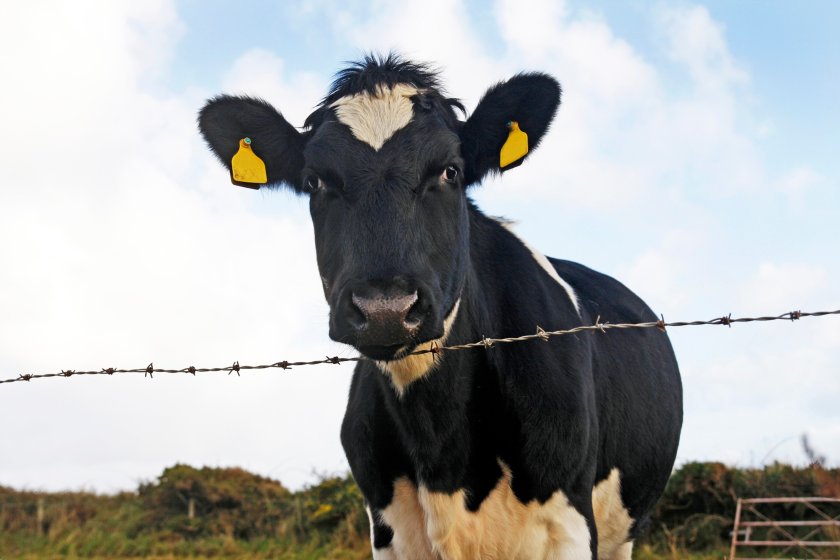
A case of Bluetongue has been confirmed in a cow on a farm near Canterbury, with farmers being urged to be 'extremely vigilant' for signs of the disease.
Defra said the single case of Bluetongue virus 3 (BTV 3), a notifiable exotic disease, was discovered in Kent on Saturday (11 November).
The last outbreak of bluetongue in the UK was in 2007, meaning it had been officially free of the virus since 2011.
As part of a 10km temporary control zone which has been established around the affected premises, the movements of susceptible animals will be restricted.
Additional surveillance is also being undertaken to ensure that this is an isolated case, Defra said, adding that the cow was culled to reduce the risk of onward disease transmission.
BTV infects ruminants, such as sheep and cattle, and is transmitted by biting midges which are most active between the months of April and November.
The virus can spread rapidly amongst ruminants and can cause significant production losses.
Some animals will show no clinical signs of infection whilst mortality can occur in severe cases.
There is currently no commercial vaccine against BTV 3 that is approved for use in the UK.
Chief Veterinary Officer Christine Middlemiss said: “Bluetongue does not pose a threat to human health or food safety, but the disease can impact livestock farms, and cause productivity issues.
“This detection is an example of our robust disease surveillance procedures in action and it is also a clear reminder for farmers that the disease remains a threat, despite coming towards the end of the midge activity season."
Responding to the outbreak, the Farmers' Union of Wales (FUW) has urged farmers to be 'extremely vigilant' for the disease.
It called on farmers in Wales to consider the origin of purchased stock and the use of over-wintering in high risk areas of England.
FUW deputy head of policy, Dr Hazel Wright, said: “It is perhaps confirmation of our robust GB annual BTV disease surveillance programme that this single case was detected in a non-imported animal.
"This early detection has allowed the appropriate measures to be put in place to minimise the risk of disease transmission further afield in England and offers some protection to our farmers here in Wales.
“Whilst this virus does not affect people or food safety, understanding the risks associated with buying in stock is imperative as the impact of this disease on livestock can be extremely variable."
For BTV serotypes 1,2, 4 and 8, vaccination is possible, with the FUW urging farmers to discuss the best options for protecting their stock with their vet.
Vaccines do not offer cross protection so vaccination against these BTV serotypes will not protect stock from BTV3.
